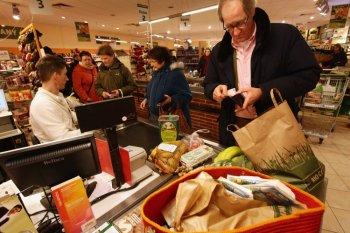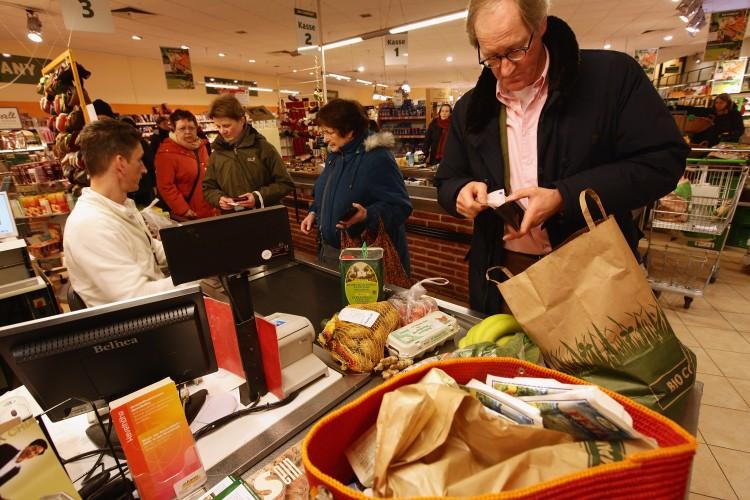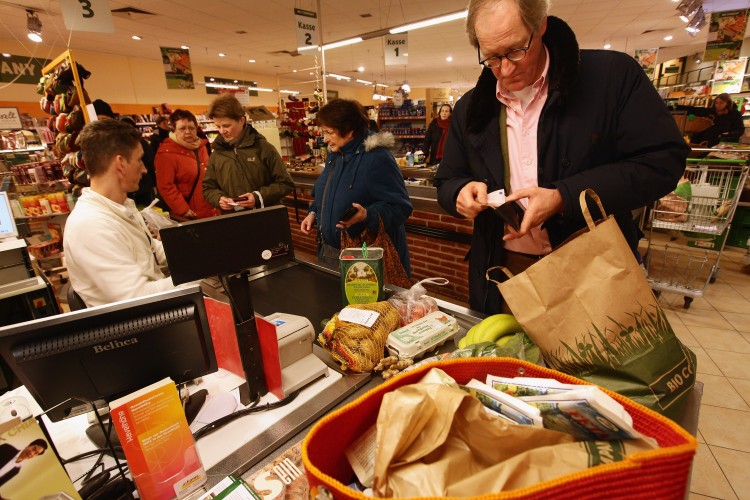Plan Your Food Spend to Reduce Waste
The Stop Food Waste Programme launched this week is advising that a little planning goes a long way to making the shopping trip a reduced waste, cost-saving and a more enjoyable experience.

'Put a meal planner in place. Know what you intend to cook for lunch and dinner each day in advance and stick to it. This will reduce the guess work at the supermarket.' Getty Images
|Updated:




